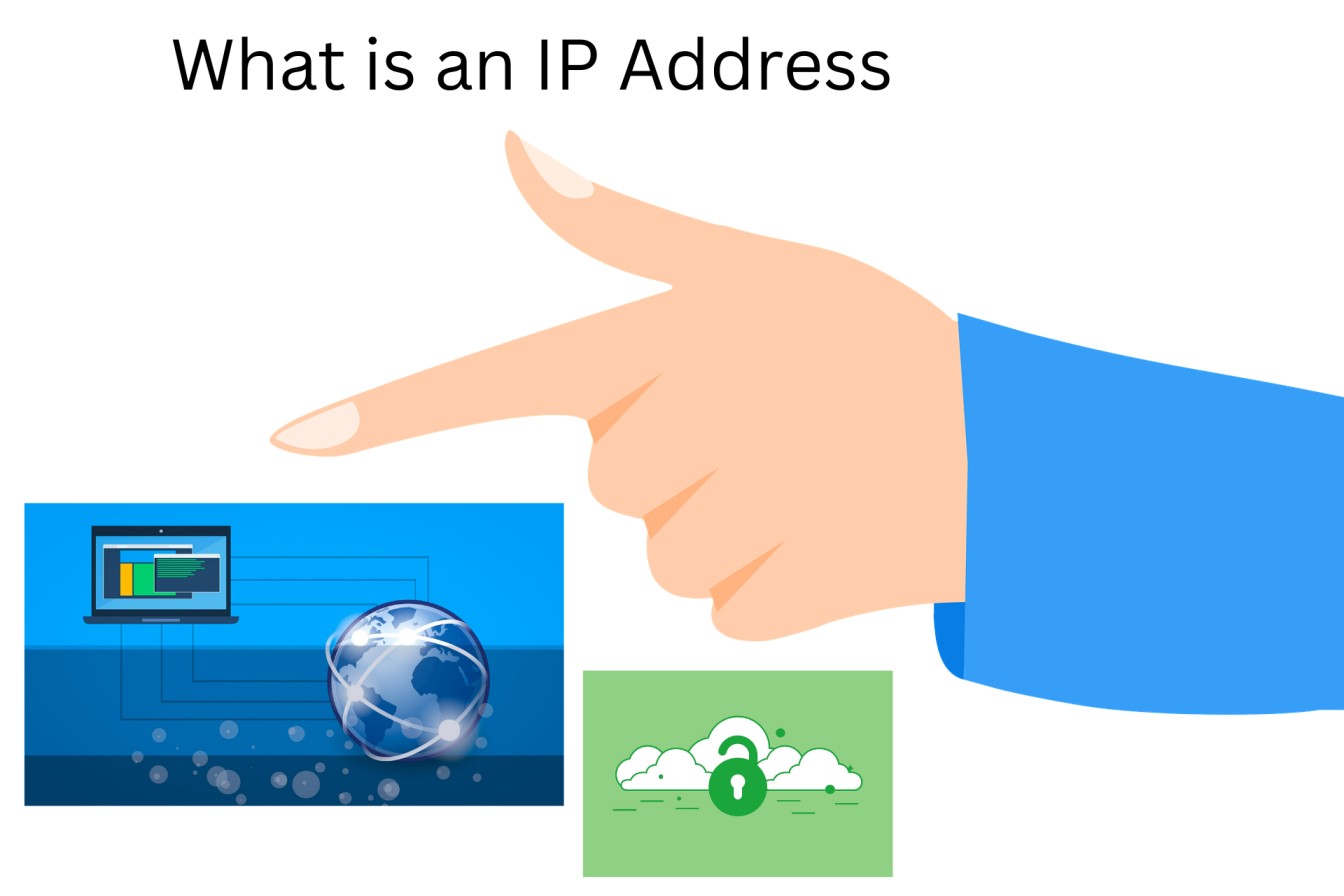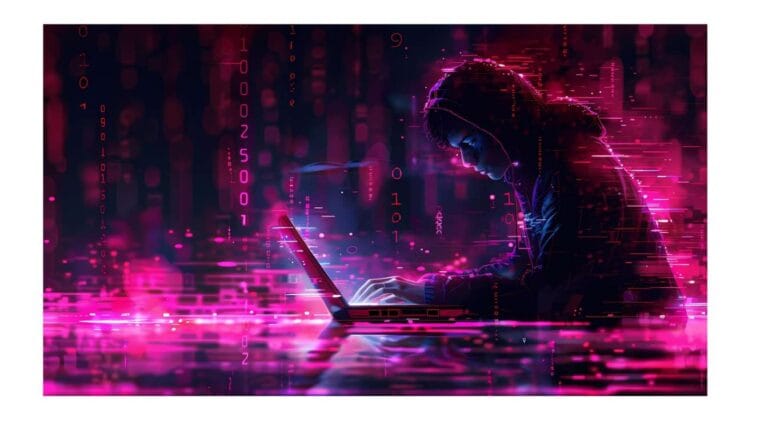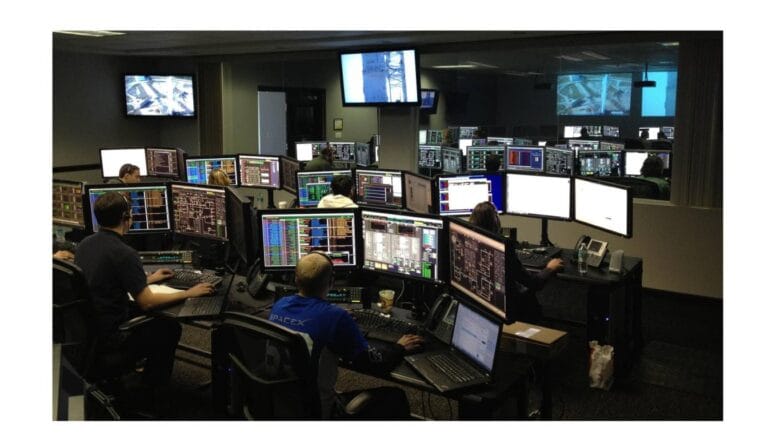Last updated on December 20th, 2025 at 05:01 am
I know, I’ll be honest for years I just mindlessly clicked “connect to Wi-Fi” without any idea what was actually going on behind the scenes. Then I attempted to build a home server, and all of a sudden “IP address” was more than just a string of technobabble. It was the only thing standing between me and making it work.
So if you’re here asking, What even is an IP address? I feel you. But do you, really? Let me explain it the way I wish someone had explained it to me.
Table of Contents
What is an IP Address Anyway?
You can think of an IP address as your device’s home address on the internet. Data doesn’t just magically appear when you send a message, watch a video or open an app on your mobile phone. It needs to be stored somewhere and then travels across entire oceans to reach you. Because that’s what an IP address does. It instructs the internet where to send data and where it came from.
Each goes to any device joined to a network. Your phone, laptop, smart television they each have an IP address. Without them, the internet would be analogous to a postal system without addresses. Total chaos.
Here’s an example of what one might looks like: 192.168.1.1
Just four numbers separated by dots. Each value is anywhere between 0 and 255. Simple, right?
IPv4 vs. IPv6: The Upgrade No One Is Talking About
So here’s the interesting part. That format I did in the past? That’s IPv4, and it’s been extant since 1983. The problem? We’re running out of addresses.
There are only about 4.3 billion unique addresses that IPv4 can generate. That might sound like a lot until you remember there are far more devices on the planet today. Phones, computers, smart fridges and even their neighbors’ Ring doorbell everything must have an internet protocol address.
That’s why IPv6 exists. It uses a longer format (you get those like 2001:0db8:85a3::8a2e:0370:7334) and can support 340 undecillion addresses. Yeah, I had to Google “undecillion” too. In large measure we ain’t running out anytime soon.
The catch? Most of the internet still operates on IPv4. Places like France and Germany are leading in the adoption of IPv6 (although the U.S. is only at about 50%). It’s as if everyone knows they are supposed to get a new phone, but nobody wants to deal with the headache.
Public vs Private: All IPs are not made the same
This brings me to something that was initially really confusing for me: there are two types of IP addresses.
The public IP addresses are what the outside world sees. One is given to you by your internet provider, and it’s unique across the whole internet. That’s your public IP if you Google “what is my IP”.
The private IP addresses are what your devices use within your home network. Your router issues them to your phone, laptop, and anything else that connects to your Wi-Fi. These don’t have to be globally unique, since you’re only referring to them locally.
This is why many people can have devices that share the address 192.168.1.5 at home. it’s only important within their network.
Why Should You Care?
Honestly? You don’t have to obsess about IP addresses in order to use the web. But knowing how they work comes in handy when something goes wrong.
Can’t connect to your printer? See if it is on the same network. VPN acting weird? Your IP’s probably being masked. Need to establish remote access to your home network? You will need to know your public IP.
Also, if you’re even entertaining the idea of getting into networking, cybersecurity, or any tech career to be honest with you, this is base-level stuff. It is the equivalent of learning grammar before writing boring, yes, but you can’t bypass it.
The Privacy Thing
One more thing your IP address can give away your approximate location and internet service provider. It’s not as if someone can just show up at the door from having your IP, but enough to track your browsing habits and target you with ads.
That’s why people use VPNs. They hide your true IP address behind a different one, making it more difficult for websites to follow you online. Not that I think you need one but your IP is still not completely shielded.
What I Wish I’d Known Sooner
And IP addresses aren’t so confusing when you cease attributing magical power to them as techno-wizards. They’re merely labels that enable devices to talk to one another. That’s it.
If you’re learning about networking or interested in the nitty gritty of how the internet works, take ten minutes to look up your own IP address. Google it. Check your router settings. Notice the change when you unplug and plug-in.
And you’ll figure out that it’s not all so daunting just another part of the puzzle that allows our interconnected world to function.
I’m a technology writer with a passion for AI and digital marketing. I create engaging and useful content that bridges the gap between complex technology concepts and digital technologies. My writing makes the process easy and curious. and encourage participation I continue to research innovation and technology. Let’s connect and talk technology!



